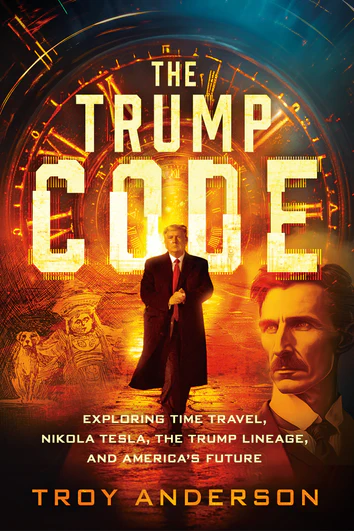Red Alert: Putin Announces New Nuclear Doctrine
In a move that has sent ripples through geopolitical circles, Russian President Vladimir Putin announced revisions to Russia’s nuclear doctrine, signaling a potentially lower threshold for nuclear weapon use. This update underscores Russia’s readiness to redefine what constitutes an existential threat, thereby expanding the set of scenarios under which nuclear arms might be deployed. Putin clearly stated, “We reserve the right to use nuclear weapons in case of aggression against Russia, including if the enemy poses a critical threat to our sovereignty with conventional weapons.”
Historically, Russia’s nuclear doctrine has emphasized nuclear weapons as an “extreme and compelled measure” primarily in response to nuclear aggression or when the state’s existence is in immediate jeopardy. However, recent geopolitical tensions, particularly over Ukraine, have prompted Putin to reconsider these parameters.
Breaking News. Spirit-Filled Stories. Subscribe to Charisma on YouTube now!
The doctrine’s evolution now suggests that aggression against Russia, even from non-nuclear states but with the support or participation of nuclear powers, could be interpreted as a direct nuclear threat. This expansion implies a nuanced but significant shift towards considering not just direct nuclear threats but also conventional attacks supported by nuclear states as justification for a nuclear response. This strategic adjustment might be seen as Russia’s attempt to reassert its deterrence capability, ensuring that escalation dominance is recognized in any conflict scenario, reflecting a response to what might be perceived as Western encirclement, where NATO expansion and military aid to Ukraine are viewed not just as support for a sovereign state but as direct challenges to Russian security.
Order your copy of Troy Anderson’s new book, “The Trump Code,” at Amazon.com.
Given the increasing military support to Ukraine by Western nations, especially the U.S., Russia could attempt to reassert its deterrence capability, ensuring that escalation dominance is recognized in any conflict scenario.
The implications for global security are profound. Putin’s declaration could heighten tensions between Russia and NATO countries, prompting a reevaluation of military doctrines worldwide, potentially leading to an arms race or at least rethinking defense strategies. Conversely, it might spur more intense diplomatic efforts to de-escalate tensions, focusing on negotiations to define what constitutes acceptable military support in regional conflicts.
Putin’s update to Russia’s nuclear doctrine represents not just a policy shift but a stark reminder of the volatile state of international relations. For conservatives, it’s either a necessary adaptation to a new era of warfare where indirect threats are as potent as direct ones or a dangerous escalation that risks global stability. As the world watches, the question remains how this new doctrine will play out in the intricate dance of global power politics.
This article originally appeared on American Faith, and is reposted with permission.
Join Charisma Magazine Online to follow everything the Holy Spirit is doing around the world!
















































